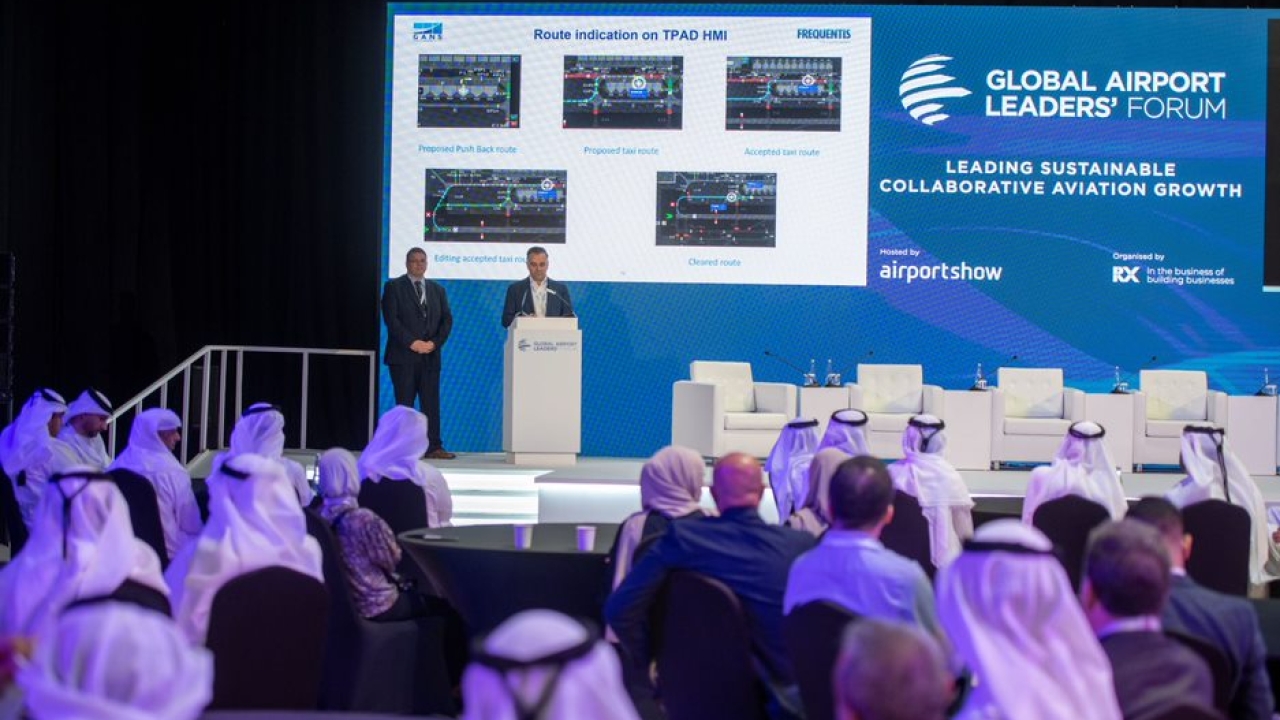Qatar Airways recognised for commitment to preventing illegal trade in endangered wildlife

The Illegal Wildlife Trade (IWT) Assessment was developed by the International Air Transport Association (IATA), as part of IEnvA - IATA’s environmental management and evaluation system for airlines - with support from The Royal Foundation of The Duke and Duchess of Cambridge and The Duke and Duchess of Sussex and USAID’s Reducing Opportunities for Unlawful Transport of Endangered Species (ROUTES) Partnership. Compliance with the IWT IEnvA Standards and Recommended Practices (ESARPs) enables airline signatories to the United for Wildlife Buckingham Palace Declaration to demonstrate that they have implemented the relevant Commitments within the Declaration.
In May 2019, Qatar Airways was independently assessed and was deemed to have met the requirements of the IWT Assessment.
Qatar Airways Group chief executive, Akbar Al Baker, said: “We are proud and honoured to be the first airline recognised by our industry for delivering on the commitments we made at Buckingham Palace in March 2016. We remain dedicated to this cause, and will continue to work with our stakeholders to raise awareness and improve detection of illegal activity.”
IATA director general and chief executive officer, Alexandre de Juniac, said: “The trade in illegal wildlife could rob future generations of some of our most precious and iconic species. Sadly, traffickers take advantage of the air transport networks we have built, and we all share a responsibility to play our part in eradicating this appalling trade. Qatar Airways is leading the way with its anti-trafficking initiatives, using IATA standards and recommended practices, and they are to be congratulated on their well-deserved recognition from the Royal Foundation.”
Illegal trade in wildlife is worth an estimated $23 billion USD per year, and threatens the survival of some of the world’s most endangered species. Animals and animal products are transported around the globe for trade, taking advantage of commercial transport services, including aviation, which is unknowingly misused by traffickers.
Stay up to date
Subscribe to the free Times Aerospace newsletter and receive the latest content every week. We'll never share your email address.

